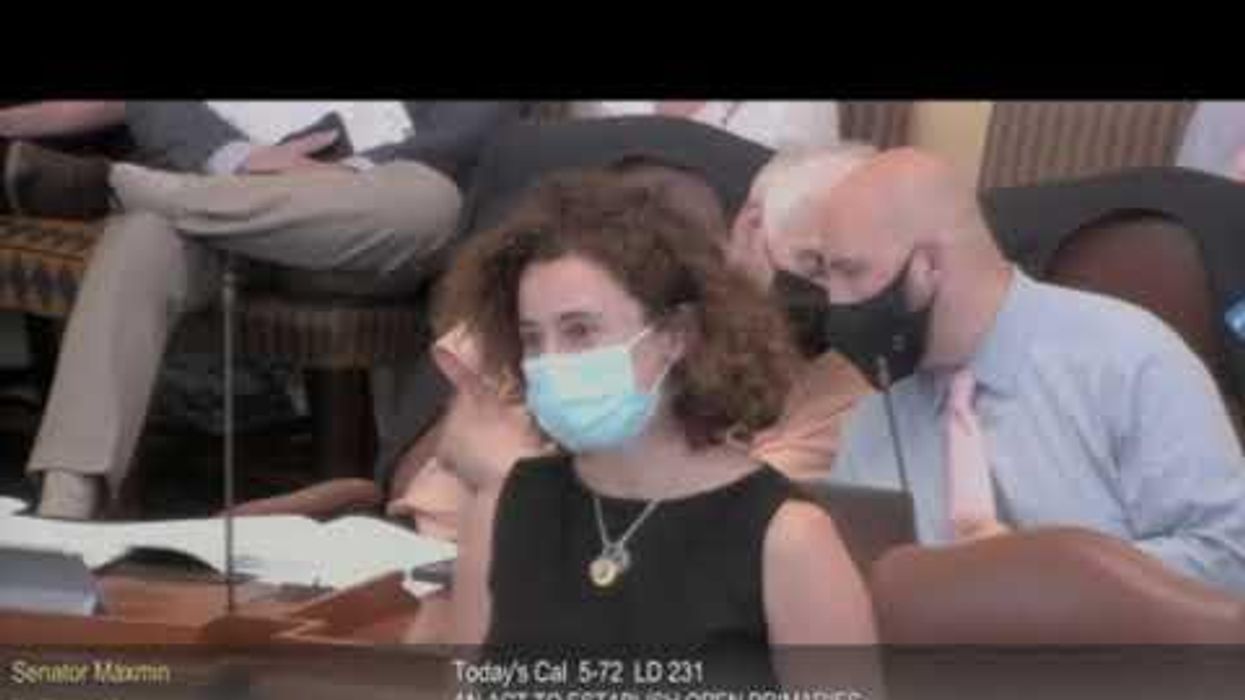Griffiths is the national editor of Independent Voter News, where a version of this story first appeared.
Maine has long been at the forefront of political innovation, from the way its ballots are designed, to its clean election funds program, to same-day voter registration and no-excuse absentee voting, to implementing ranked-choice voting. The state made further changes when it adopted semi-open primaries 2021.
Open Primaries, which partnered with Open Primaries Maine to move the needle on primary reform in the state, released a new report on the multi-year process that culminated in the preliminary votes approving legislation to change the primary system. The report also offers political reform advocates ideas that can be used across different reform efforts.
Approximately one-third of voters have been barred from the primaries each election cycle, but under the proposed legislation independent voters can select the party primary in which they choose to participate.
The campaign to build cross-partisan support for open primaries focused its message on fairness and inclusion, not electing moderates. The goal was to bring voters together around the idea that all citizens, regardless of party, should be treated fairly in elections.
And the messaging worked. Open Primaries and Open Primaries Maine garnered the support they needed among voters and in the legislature to push the bill through after five years of effort an compromise.
Check out Open Primaries' full report here.




















Trump & Hegseth gave Mark Kelly a huge 2028 gift